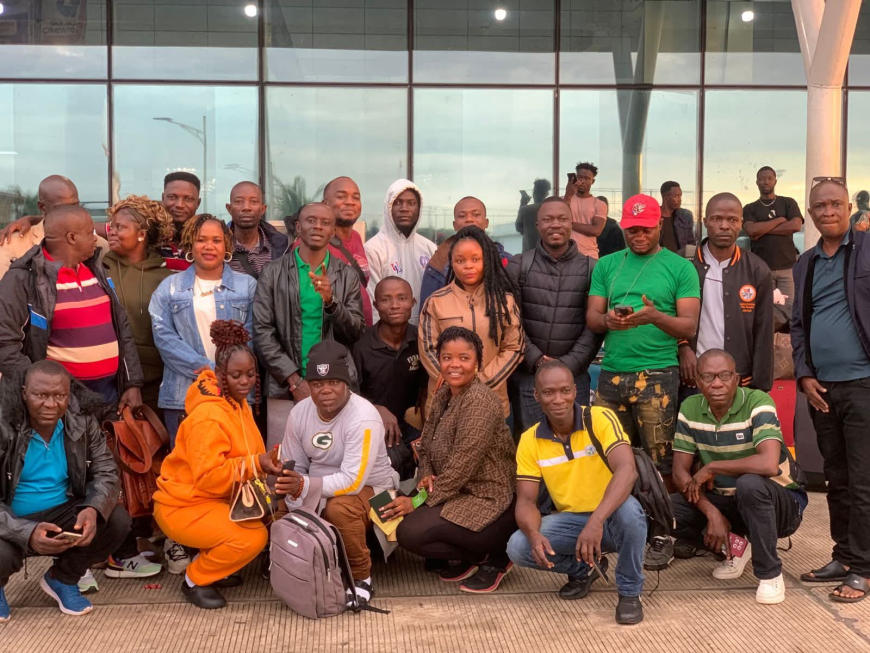The Government of Liberia has Sent Twenty-three Agricultural Specialists to China for Advanced Training

MONROVIA, LIBERIA: In a daring effort to tackle Liberia’s entrenched food insecurity and overhaul its post-war agricultural dysfunction, twenty-three frontline operatives from the Ministry of Agriculture have left for the People’s Republic of China for a month-long, state-sponsored capacity-building program.
By: Abraham Sylvester Panto
The intensive training, hosted by the China National Research Institute of Food and Fermentation Industries, will target County’s Agriculture Coordinators and District Agriculture Officers who are now undergoing urgent training in various fields of agriculture.
During the month-long training, the beneficiaries are expected to gain knowledge in rice processing, livestock product preservation, aquatic storage technology, peanut value addition, and advanced food science as part of a calculated blueprint to dismantle the country’s long-standing post-harvest failure.
Described as "non-negotiable and overdue" Deputy Agriculture Minister for Extension Services, Moses Gbanyan, revealed that the mission responds to a national crisis in which over 35% of local agricultural produce is lost due to poor handling, lack of storage, and absence of processing infrastructure, undermining domestic livelihoods and funneling millions in hard currency to foreign exporters.
The hard-hitting deployment, engineered under the “Liberians Feed Yourselves” banner, marks one of the sharpest policy interventions yet under the Agriculture pillar of the ARREST Agenda for Inclusive Development framework.
The initiative is also viewed as a direct counter-strike against the legacy of non-functional agriculture extension programs, with the Ministry asserting that every beneficiary of the Chinese training will face post-return deployment evaluations and mandatory knowledge transfer obligations at the county level.
The delegation is expected back on July 28, 2025, where the Ministry has already activated its internal enforcement unit to ensure that these returning agents of reform translate the acquired skills into field-based operations, affirming President Joseph Boakai’s insistence that “agriculture must now become a national weapon for economic independence.”
What's Your Reaction?










































































